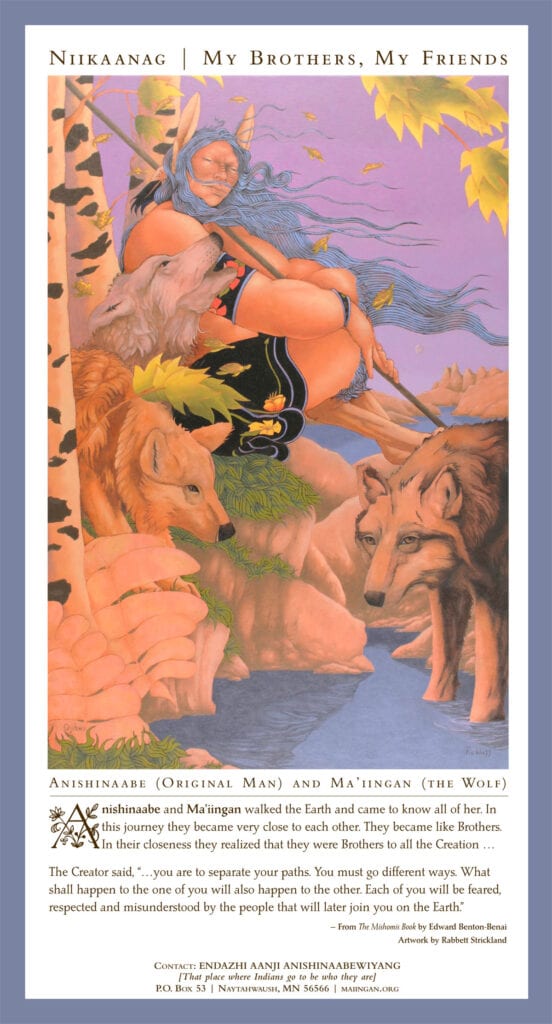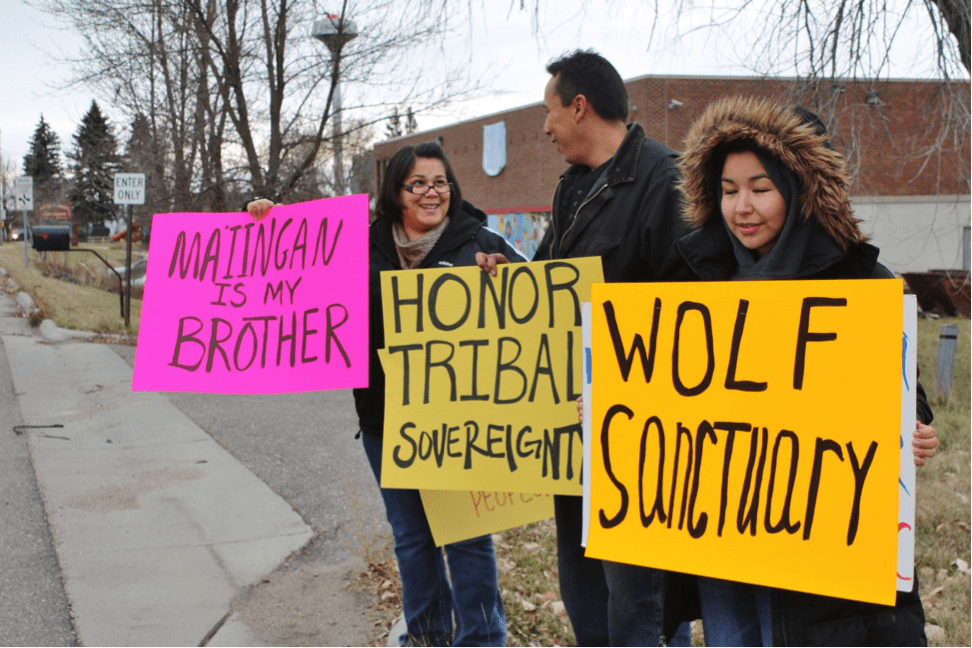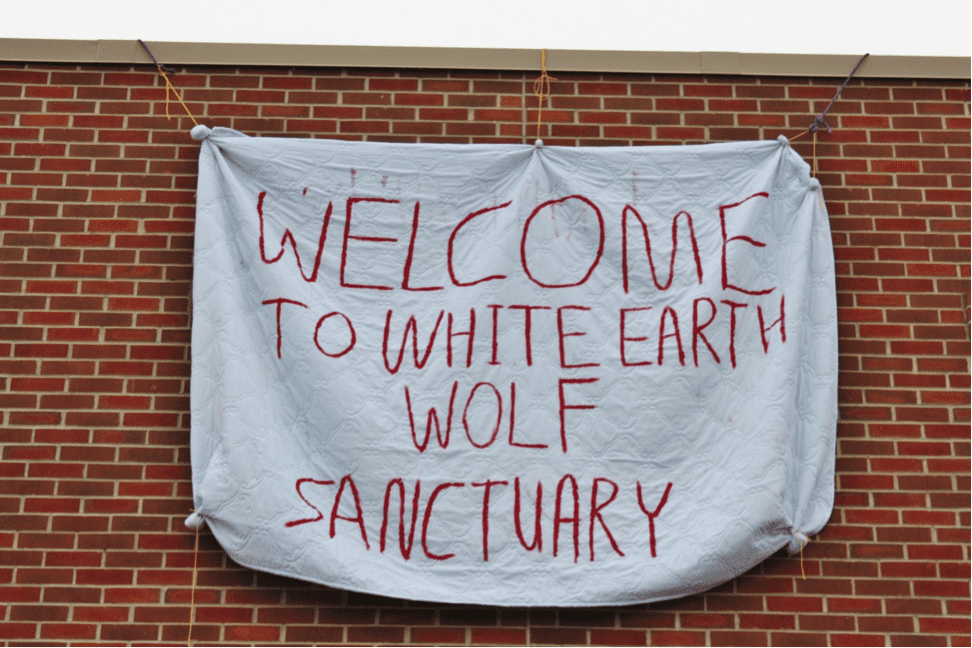114TH CONGRESS
1ST SESSION H. R. 884
To direct the Secretary of the Interior to reissue final rules relating to listing of the gray wolf in the Western Great Lakes and Wyoming under the Endangered Species Act of 1973, and for other purposes.
IN THE HOUSE OF REPRESENTATIVES FEBRUARY 11, 2015 Mr. RIBBLE (for himself, Mrs. LUMMIS, Mr. BENISHEK, Mr. PETERSON, Mr. DUFFY, Mr. EMMER, Mr. GROTHMAN, Mr. HUIZENGA of Michigan, Mr. KIND, Mr. KLINE, Mr. RYAN of Wisconsin, Mr. SENSENBRENNER, Mr. SIMPSON, Mr. WALBERG, and Mr. WALZ) introduced the following bill; which was referred to the Committee on Natural Resources.
A BILL
To direct the Secretary of the Interior to reissue final rules relating to listing of the gray wolf in the Western Great Lakes and Wyoming under the Endangered Species Act of 1973, and for other purposes.
Be it enacted by the Senate and House of Representatives of the United States of America in Congress assembled, SECTION 1. REISSUANCE OF FINAL RULE REGARDING GRAY WOLVES IN THE WESTERN GREAT LAKES. Before the end of the 60-day period beginning on the date of enactment of this Act, the Secretary of the Interior
VerDate Sep 11 2014 01:51 Feb 19, 2015 Jkt 049200 PO 00000 Frm 00001 Fmt 6652 Sfmt 6201 E:\BILLS\H884.IH H884 SSpencer on DSK4SPTVN1PROD with BILLS
HR 884 shall reissue the final rule published on December 28, 2011 (76 Fed. Reg. 81666), without regard to any other provision of statute or regulation that applies to issuance of such rule. Such reissuance shall not be subject to judicial review. SEC. 2. REISSUANCE OF FINAL RULE REGARDING GRAY WOLVES IN WYOMING. Before the end of the 60-day period beginning on the date of enactment of this Act, the Secretary of the Interior shall reissue the final rule published on September 10, 2012 (77 Fed. Reg. 55530), without regard to any other provision of statute or regulation that applies to issuance of such rule. Such reissuance shall not be subject to judicial review.
“Such reissuance shall not be subject to judicial review.”
That is the challenge. Below is a link to the legislation as well as its current status.
H.R. 884: https://www.congress.gov/bill/114th-congess/house-bill/884
H.R. 884 violates Tribes and tribal citizens constitutional right to freedom of religion and all citizens’ and Tribes right to redress of grievances. Please contact the House Natural Resources Committee and tell them to exempt Tribes and Reservations in the Great Lakes Region from this legislation and to remove for all citizens the wording “Such reissuance shall not be subject to judicial review.”
Tell Congress to re-affirm Tribes rights to govern their own Cultural and Spiritual resources, including Ma’iingan, within their Indian Reservation boundaries
Link to House Natural Resources Committee: http://naturalresources.house.gov/
Find and contact your congressional representatives: https://www.opencongress.org/people/zipcodelookup
Tell them H. F. is a very bad idea as proposed. Your Rep should be urged to exempt Tribes and Reservation from the legislation and to remove the wording about not allowing judicial review of the order. This legislation eviscerates the Endangered Species Act. Politics have no place in ESA management. Politics have no business meddling in Tribes and tribal citizens Freedom of Religion or all citizens and Tribes right to sue on the behalf of wolves, now and forever, in the Great Lakes Region.


